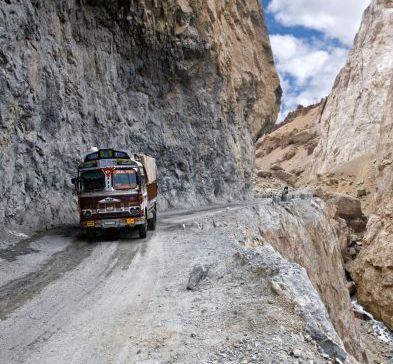For centuries the mountains have called upon Saints and Mahatmas to come here is search of eternal peace. Ordinary folks walk into the wild, perhaps because, it’s a simpler world – life moves slow and you can only explore one footfall at a time.
But buried underneath all the calm and repose, exists a real battle field that challenges one’s own strengths, both mental and physical.
The difficult terrain, the thinning air, the cold winds and, unpredictable rains anytime and anywhere can turn the pristine mountains into gory monsters within the lapse of a few minutes, and before you think you’ll be eaten up, the landscapes again reverses back to normal, clouds disburse, the sun’s rays twinkle through the haze, and you’re good to go.
It’s like nature makes on the spot exchanges – it makes you pay the price for the beauty you see, for the air you breathe, and for the everyday you spend in its lap.
Here’s more on what makes journey across the mountains splendid despite hardships1. Oft Times No Roads to Walk upon – But With Every Step You Take You Inhale Fresh Air
There’ll always come a point in the mountains, where there’ll be no road.At a certain height the bus line will end and you’ll have to walk on your feet for miles and miles.
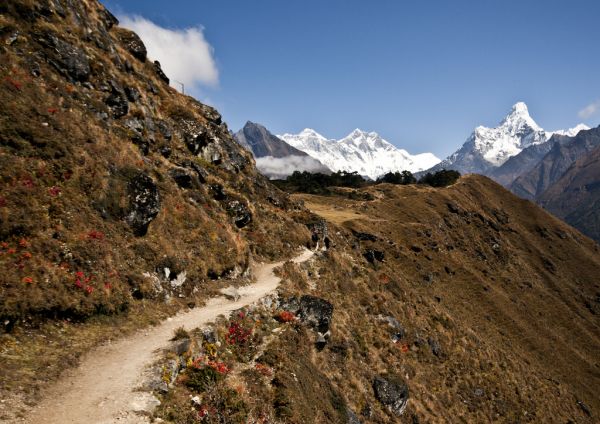
Taking the first step out from the car or the bus makes you inhale fresh alpine air, no pollution, the skies above are azure and everything looks beautiful and pristine. If you’re close by a settlement, you’ll probably smell cowdung and kerosene burning (staple cooking fuels used in the mountains), all intermingled.
Maybe you spot distant pastoral houses and see local herdsmen grazing animals on vast lush green pastures. You’ll hear the brides chirping, rivers and stream gushing, and so you’ll be dumbstruck.
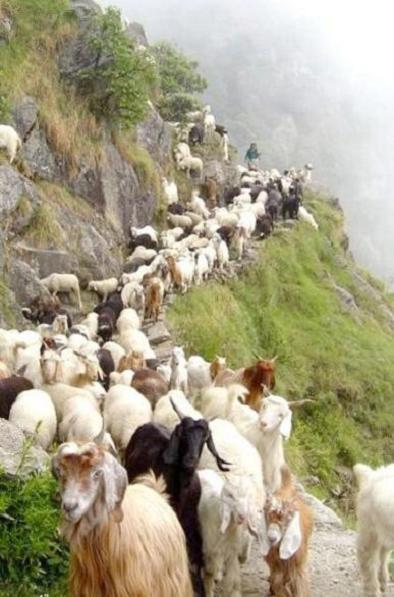
But, you’ll have to walk, in the name of roads all you’ll get is narrow alleys snaking up the mountains. Many of these get washed during the rains, or they develop deep pits of water around the ranches that make movement difficult.
2. Muscle Sores That Last For Several Days – But Feel Your Own Body Toned At the End of the Trip
Be it a week’s trip or a month long expedition to the mountains, the way to traverse them is with feet. You may choose to walk 4 hours a day, eight hours a day or more, depending upon your stamina. You can pack light and carry things on your shoulders, or if you’re lucky, let a local village guide carry it for you or his yaks do the same.
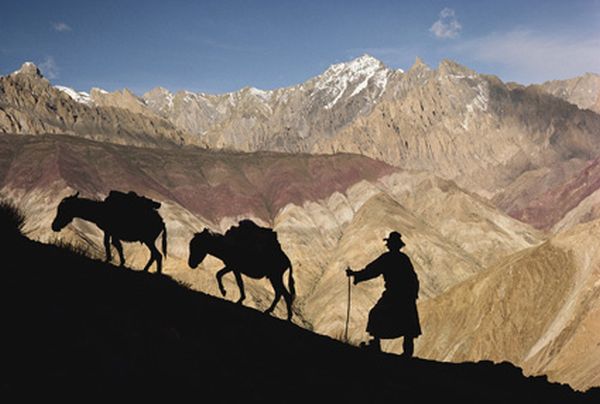
Either ways, walking will work up the muscles in your body. The first few days will be the hardest, even if you’re really trained. By day four or five the body will start responding to the terrain and the lack of oxygen.
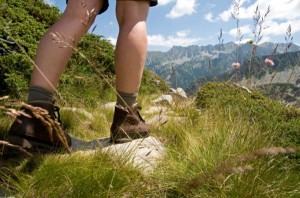
3. Abundance of Simplicity – But Simultaneous Existence Of Blind Faith and Abstractions
Everything about the mountains is mysterious!
The harshness of the mountains it seems lends people here an amusing humility. They are loving, god fearing, trusting and give visitors a warm welcome.
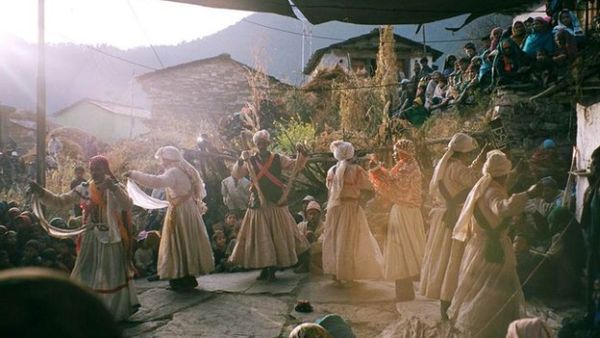
Going into the history of the mountains will tell you how hard life has always been for the mountain people, which led them to adapt a different form of religion. Ancient scriptures have plenty of evidence to suggest that Shamanistic religion was widely practiced by the tribal people, and in order to pacify the god, whom they thought could keep them safe against the wrath of nature, they would sacrifice not just animals, but also humans.
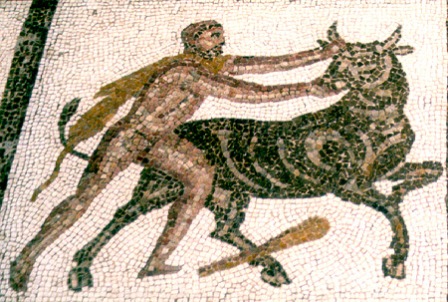
Although human sacrifice has not been reported for ages, if you happen to be here in the midst of festivities, you’ll see specially bred animals being sacrificed in hundreds.
Amidst the simplicity of these lands, you’ll also find overtones of blind faith and abstractions.4. No Comforts, No Convenience, No Luxury – Repose From Crowded Cities and Hectic Lives
Don’t fool yourself with the development of the mountains, leaving aside the main towns and cities, hiking and trekking especially means you may find getting a packet of milk the hardest things in the wilderness, leave alone delicacies you expect to enjoy on your holidays.
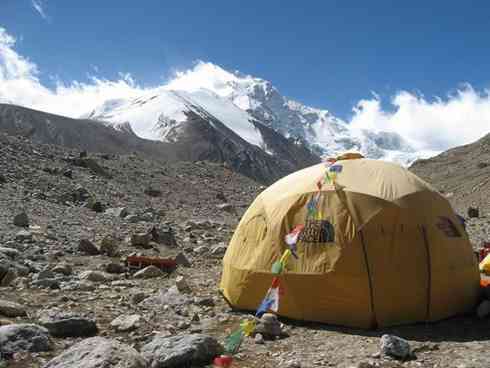
For resting your tired muscles, there may be nothing else but bulldozer stones that will prick you more than comfort your tired muscles. Sometimes your drinking water will finish, and getting to a stream will seem hard in the lands that run with rivers in abundance.
Then what’s the point of it?Recall you purpose of coming to the mountains – it was in search of some peace. Open skies, beautiful sunsets, no crowds, no obligations – whatsoever.
5. Many a Sleepless Nights – But There’s a Live Show of Stars Waiting for you to Muse at
The higher the altitude, the closer you are to the mountain skies, and nearer to the galaxy of stars beyond. When the sun sets the display of stars above is breathtaking. Only a few places in the world rival stargazing of the Himalayas in particular. Its pitch dark at night, and you can clearly see billions of starts and constellation and get lost in their beauty till morning.
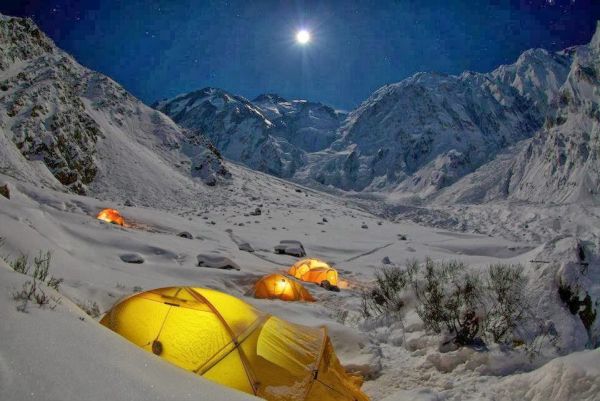
But what you’ll miss is a soft mattress.
Technology has given us comfortable sleep bags, but you’ll miss your bed home. And, if winters are around the next bend, nights can be freezing cold up in the mountains.

